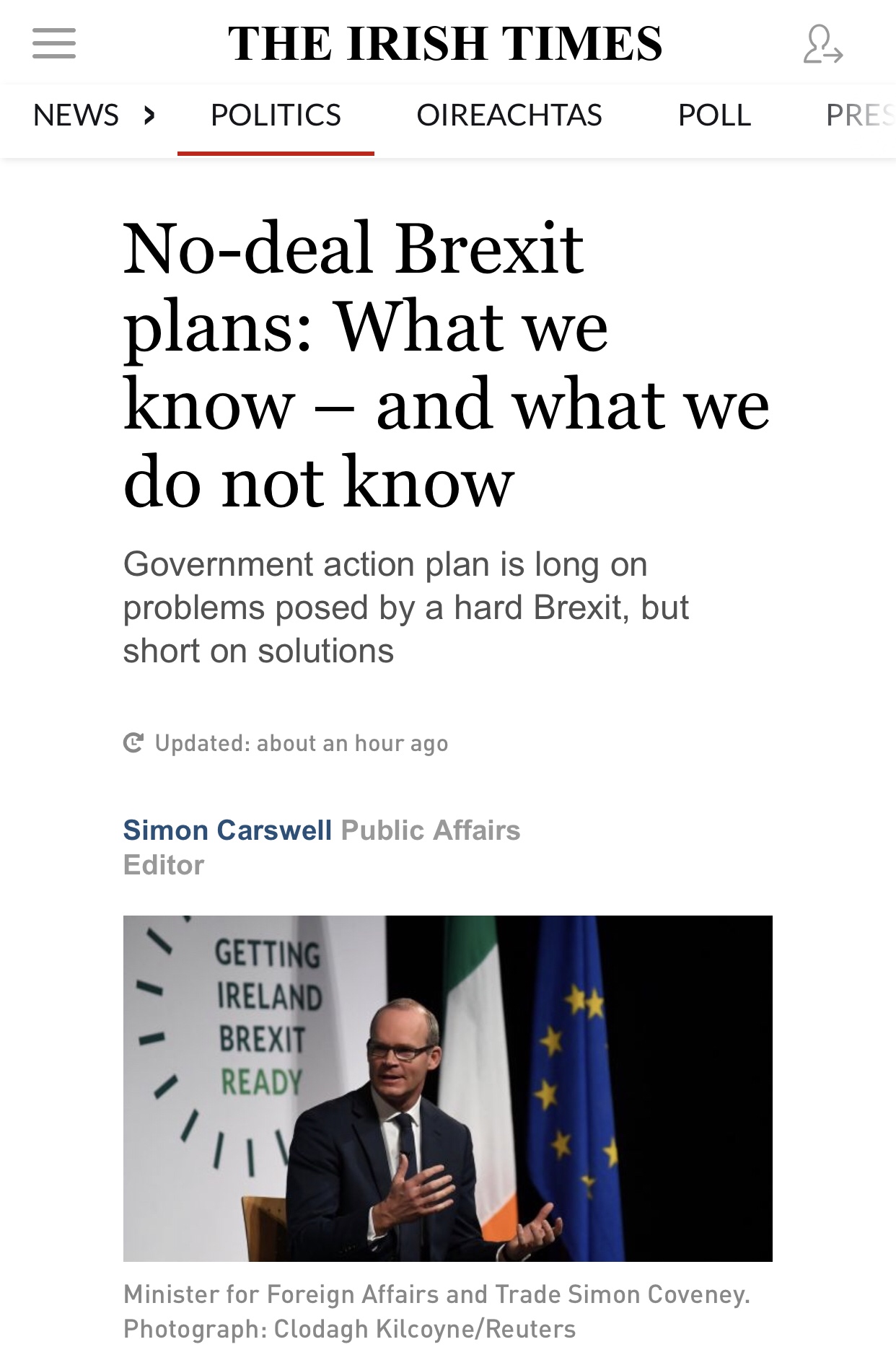Hello, dear readers. I am back. After some days of rest and re-loading of the batteries (and travelling the world), I am back with news on this blog about; Customs, borders, trade, development, modernization, music, sport and Zlatan Ibrahimovic.

I am looking forward to meeting you here, there and everywhere in 2019.
I have a feeling there will be some articles on Brexit also this year. Just a feeling.
I want to wish all readers of this blog Happy Holidays, a Merry Xmas and a Happy New Year!

It has been a fantastic year for my blog with several record breaking months. This year I have had a lot of articles about Brexit on the blog. Let me guess that it will not be less articles about Brexit next year.
The record this year was November when more than 15.000 visitors read this blog about Customs, Borders, Trade, Capacity Building, Modernization, Sport, Music & Zlatan Ibrahimovic.
Now I take a few days off. See you in 2019.
Irdih Times has today posted an interesting article about “No-deal Brexit plans: what we know and what we do not know”.
The paper days that “Government action plan is long on problems posed by a hard Brexit, but short on solutions”.

You find the article here: No-deal Brexit plans: What we know – and what we do not know
Source: Irish Times






You must be logged in to post a comment.